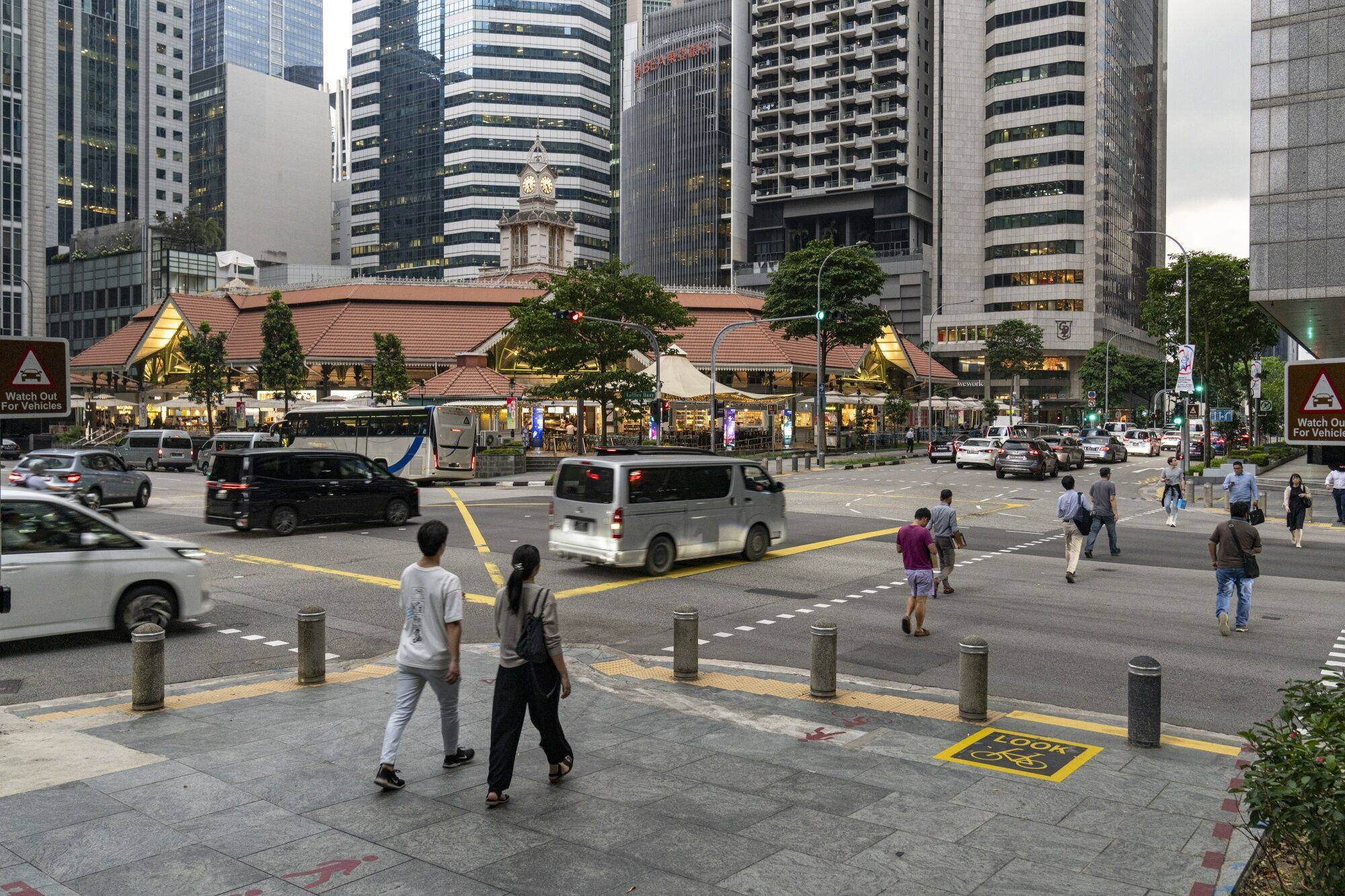While both Asian financial hubs compete on many fronts, the UK lender is seeking to boost synergies through talent exchanges and client referrals in the coming years, said Maggie Ng, head of wealth and personal banking operations in Hong Kong.
“Our ambition is to grow beyond just our domestic markets,” she said in an interview. “Many of our customers like to set up family offices in both Hong Kong and Singapore” as they see both cities as complementary rather than competitors, she added.
Hong Kong is keen to bolster its status by attracting the world’s wealthiest families, and dangled several tax and long-term residency incentives earlier this year to pursue its goals. The city had 2,703 single-family offices at the end of 2023, managing US$10 million to US$100 million of assets, a study showed.

HSBC is keen to help its super-rich clients manage their family investment, succession planning and philanthropic endeavours, emphasising the bank’s commitment to the business. Pre-tax profit from its wealth management unit in Asia surged 51 per cent last year, according to its financial report.
HSBC’s global private banking unit discontinued its Independent Asset Management (IAM) channel in Hong Kong and Singapore last month, after creating the desk in December 2020 to serve family offices. The move was only to streamline its personnel and resources, Ng said.
“Our focus is to grow the ultra high-net-worth family office segment,” she added. Instead of the IAM channel, HSBC is using its relationship managers to serve the family offices, she said, adding that its strong brand can help boost its trust and investment services.

Total assets under management in Hong Kong stood at US$3.9 trillion in 2022, with 64 per cent of the funding coming from investors outside Hong Kong, according to government statistics. In Singapore, some 76 per cent of the US$3.7 trillion of assets under management are from offshore funds.
Kai Zhang, HSBC’s Singapore-based head of wealth and personal banking for South Asia, said investors have continued to favour both financial hubs as a gateway to opportunities in mainland China and Asia-Pacific markets.
“International investors like to invest in Asia because of the demographic dividends [such as] a young population, rising middle class and wealth in the region,” she said. “They are key to the growth story of HSBC in South Asia.”
Zhang and her team members look after the wealth and insurance markets covering Southeast Asia, India, Taiwan and Australia. It has logged double-digit growth in new international customers over the last few years and expect the trend to continue.

